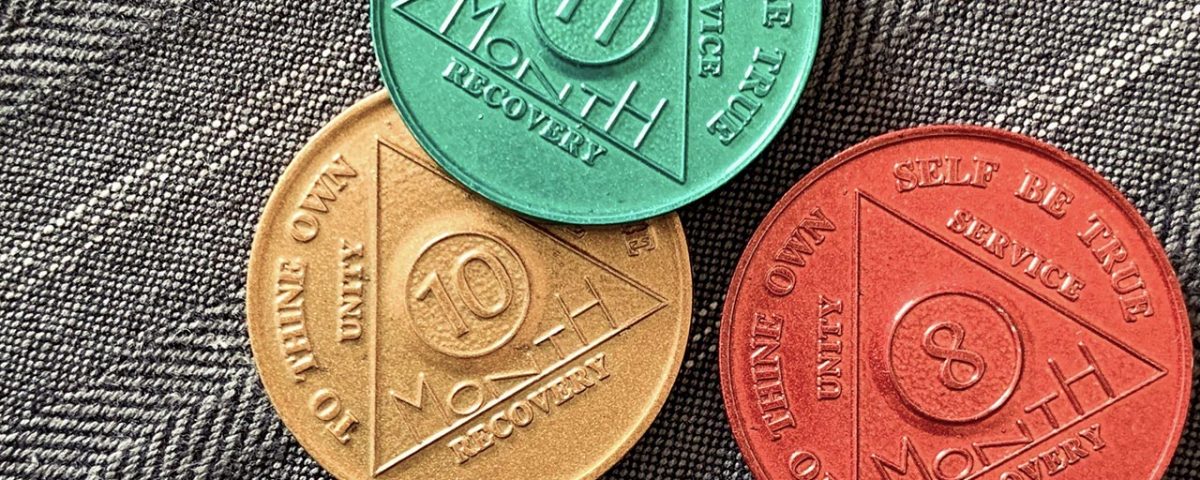Transitioning from rehab to your everyday life may present some challenges.
It’s important to refer back to your teachings from addiction treatment whenever you hit any bumps along the way. The recovery journey isn’t always smooth, but sticking to your sobriety will always be worth it. Fortunately, our Pompano treatment center can teach you what to expect in the first year of sobriety.
Celebrating Your First Year of Sobriety
Being a full year clean and sober is an amazing achievement. Addiction is a persistent and progressive disease. Recovery isn’t a one-time deal, but a continuous process that requires consistency and determination. Especially during your first year sober, you may experience some difficulties that could threaten your progress. To prepare you for the upcoming journey, we’ve detailed some things you can expect in the first year of sobriety.
An Emotional Rollercoaster
Many people may experience something called the “pink cloud phenomenon” right after completing their addiction treatment. This refers to intense feelings of happiness and euphoria that a person may experience in the early stages of sobriety. Unfortunately, this feeling is often short-lived, and the individual may eventually experience emotional fluctuations. Going through ups and downs in your first year of sobriety is normal. It’s important to not let these ebbs and flows discourage you from sustaining your sobriety.
If you don’t know what to expect in the first year of sobriety, having an aftercare plan can help. Our aftercare program at Banyan Pompano helps patients return to their everyday lives after rehab without missing a beat. We know this can be a difficult phase of sobriety and having support during this time can help you manage any challenges you may experience.
Building New Relationships
Meeting new people and building new relationships is normal in your first year of recovery. Many recovering addicts had friend groups made up of people who would encourage or supply their substance abuse. It’s common for these individuals to lose these relationships during and after rehab. Nevertheless, making new friendships with people who are supportive of your recovery or are in recovery themselves can help you in your journey. Especially for someone who’s in an alumni program, making new friends can be fun.
Post-Acute Withdrawal Syndrome (PAWS)
Even if you underwent a drug or alcohol detox when you first began your addiction treatment, your body may still need some time to recuperate. As your brain chemistry attempts to balance itself out, you may experience some withdrawal symptoms. This is known as post-acute withdrawal syndrome, or PAWS. Not everyone in recovery experiences this syndrome, but the ones who do should speak with their doctor or sponsor to make a plan that can help them cope with their symptoms. Although this syndrome will eventually go away, getting help is still advised to avoid any health complications or relapse.
Creating a New Routine
Creating a schedule that keeps you focused on everything except substance abuse can help you reach the one-year recovery mark. Long-term sobriety is much more achievable and sustainable when you implement a schedule. Setting up a new routine can help you get through moments when your thoughts may trail back to your old habits. Incorporating positive things in your life can prevent things like boredom and stress that can threaten your sobriety and put you at risk of relapse.
Risk of Relapse
Many people in recovery don’t know what to expect in the early stages of sobriety. After the initial shine of addiction treatment wears off, these individuals may come across some triggers. These triggers can be people, places, or things that remind them of their past substance abuse. A lot of people may relapse in their first year out of rehab, but this doesn’t mean you have to. It’s important to be aware of your triggers and avoid any obvious threats to your sobriety.
Even if you do relapse, it doesn’t mean you should throw in the towel. At our Florida rehab center, we offer a stabilization program that is focused on helping people get back on track after they’ve relapsed.










